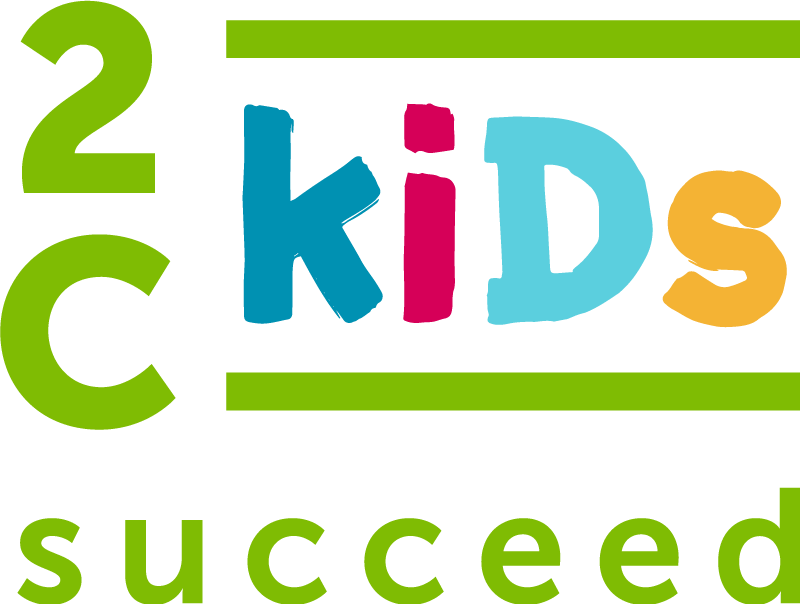Prevention is Key
Risk factors don’t have to be predictive factors due to protective factors. If ACES are prevented, the CDC estimates we could see significant reductions in key health conditions, health risk behaviors, and socioeconomic challenges. Adversity can be countered with positive experiences, a supportive relationship with a trusted adult and healthy environments that help build resilience.
Prevention Strategies
(Children + Families)
*Adopted from CDC
Home visits to pregnant women and families with newborns
Voluntary home visiting programs can help families by strengthening maternal parenting practices, the quality of the child’s home environment, and children’s development.
Intimate partner violence prevention
Learning how to have healthy relationships starts in childhood. It is important that we help children develop social and emotional competence, healthy sexuality and safe dating practices as appropriate to their ages.
High quality childcare
Research tells us that access to affordable, high quality childcare can reduce child behavior problems, parental stress and depression and rates of child abuse and neglect. Promoting standards such as Idaho’s Steps to Quality can be an effective tool.
Mental illness and substance abuse treatment
Growing up in a household with a parent who is mentally ill or abuses drugs or alcohol are both adverse childhood experiences that can have lifelong consequences. Family centered treatment approaches can be particularly effective in addressing ACEs.
Parent support programs for teens and teen pregnancy prevention programs
All parents need people in their lives who support their parenting, but it is especially important for teen parents who often don’t get support from their non-parenting peers. Several community based organizations throughout Idaho provide opportunities for parenting teens to support one another.
Parenting education programs
Parenting is part natural and part learned. Developing skills and negotiating family relationships are so important to helping children thrive. We can all use help sometimes!
Social support for families
Schools, childcare programs, churches and other community institutions can play in important roles in supporting parents. Small, but significant changes in approach can have a big impact on averting social isolation.
Strengthen economic support to families
Parents facing financial hardship are more likely to experience stress, depression, and conflict in their relationships and families, which can compromise their parenting and increase the risk of family violence.
According to a 2019 CDC Vital Signs Report, preventing ACEs in Idaho could result in:
Over 30,000 fewer people experience depression
Keeping 60,000 people from smoking
Preventing nearly 30,000 cases from Asthma
Even reducing unemployment by nearly 15%
“Over 30,000 fewer people experience depression”


